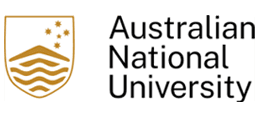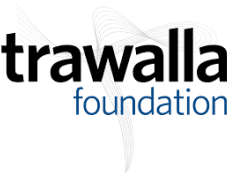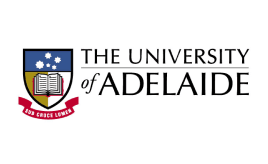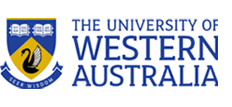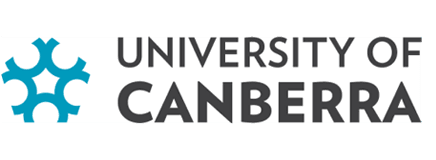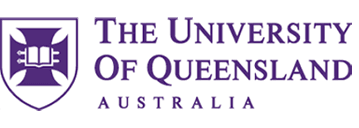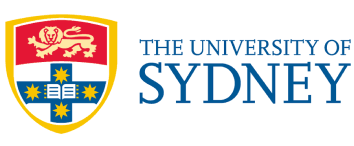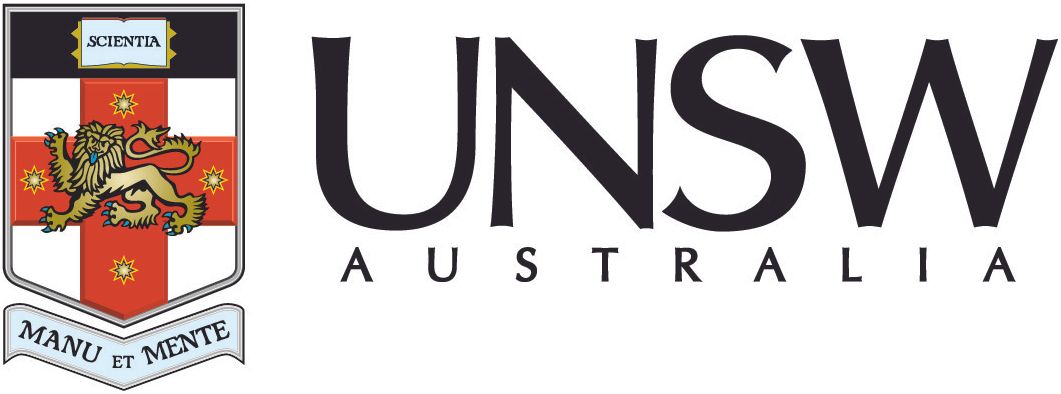
Identifying and assessing subsidies harmful to biodiversity in Australia
Report
7 October 2024
This report summarises findings from a first pass assessment to identify and assess subsidies from Australian Government programs that are potentially harmful to biodiversity.
What is a biodiversity harmful subsidy?
Well-intended government subsidies can have unintended negative and costly impacts on the environment, including by incentivising activities that drive the loss of biodiversity.
Harmful subsidies typically impact biodiversity in one of two ways: subsidies aimed at underpricing the use of natural resources lead to overconsumption, while subsidies aimed at increasing production can lead to an increased usage of polluting inputs, damaging production methods, or an unsustainable transformation of ecosystems.
The Australian Government is obligated to eliminate biodiversity harmful subsidies
Australia is one of 196 countries that have signed the Kunming-Montreal Global Biodiversity Framework (GBF). The GBF was established in recognition of the threat that biodiversity loss poses to the liveability of the Earth, to human health, food production and economic systems.
The global pact, which was signed in December 2022 at the UN Biodiversity Conference (COP15) sets out a roadmap for a world living in harmony with nature.
One of the targets of the GBF is to identify by 2025 and eliminate, phase out or reform subsidies that are harmful to biodiversity. Despite the importance of this activity and that the deadline is rapidly approaching, the Australian Government appears not yet to have advanced this work.
Research key findings
The Biodiversity Council has undertaken a project to identify and assess subsidies from Australian government programs that are likely to be harmful to biodiversity.
The project estimated that the total monetary value of Australia’s direct and indirect subsidies in 2023-23 that are potentially likely to have a medium to high adverse impact on biodiversity was $26.3 billion. This is 50 times larger than the approximately $475 million per annum, which is the average that the Australian Government has invested in biodiversity over the past year.
Australia’s largest government funded subsidies that are likely to have significant adverse impacts on biodiversity are the $7.5 billion per annum fuel tax credit scheme and $7.7 billion per annum spending on road transport projects. Among the largest non-recurrent subsidies are the $1.9 billion Middle Arm Sustainable Development Precinct, $1.5 billion energy bill relief and $600 million gas fired Kurri Kurri Hunter Power Project.
Recommendations
The Biodiversity Council recommends that the Australian Government:
- Commission a detailed independent assessment of biodiversity harmful subsidies to enable an official estimate of the monetary value and biodiversity impact of these subsidies.
- Reform biodiversity harmful subsidies so that they become Nature Positive or eliminate them entirely and use the savings to fund biodiversity conservation.
Please download the report for more details.
How to cite this material: Biodiversity Council (2024). Identifying and assessing subsidies harmful to biodiversity in Australia. Oct 2024. Report. Biodiversity Council. Melbourne, Australia.




